I’m the author, producer, and podcast creator/host Danyel Smith. SHINE BRIGHT HQ is where I freestyle about music and culture. Support my archival, current, and future work by immediately and passionately becoming a paid subscriber.
muse:
Hi. These are wild times. I am sending my very best to you and yours.
January 29 is Amii Stewart’s birthday, and among the loose leaves in The Mixed-up Files of Ms. Danyel Smith1 are a few sentences about she and her cohort. These are notes about Black women who went to the top of Billboard’s pop single chart in the 1970s.
…Linda Greene of Peaches & Herb was sitting atop “Reunited,” and “Shake Your Groove Thing” in bronze-beaded swingy braids. New Jersey daughter Gloria Gaynor’s No. 1 Pop “I Will Survive” (released in 1978, and originally a B-side to her cover of the Righteous Brothers’ “Substitute”) was a massive international hit, on its way to becoming an anthem for the marginalized, and one of the best songs in the history of recorded music2.
Anita Ward of Memphis went to No. 1 in the United States and the United Kingdom with “Ring My Bell,” a version of which had been written by Frederick Knight with Stacy Lattisaw3 (“Let Me Be Your Angel”) in mind.
Amy Paulette “Amii” Stewart’s “Knock On Wood” — while different in tone and style — was the perfect companion to Ward’s hit, down to the three-word, action-driven titles. Discos could not stop playing them. “Knock,” written by Eddie Floyd and Steve Cropper and recorded by Floyd in 1966, was covered by everyone from David Bowie in 1974 to Eric Clapton in 1985—but Stewart took it to No. 1.
1/100th of the things to which I am paying attention:
The fact that what was clicked on the most in the last edition of this newsletter is this (Trump), and this (what I do in elevators), and this (my second novel). The last one makes me really happy.
This interview with JT (formerly of City Girls) from Bianca Betancourt. It’s from Harpers Bazaar’s new Possibility Issue and I believe Zoe Saldaña covers.
That time Solange talked to WaxPoetics about her low end theory:
This idea: ‘Absolute attention is prayer.’
This book. I want a new nameplate necklace or bracelet.

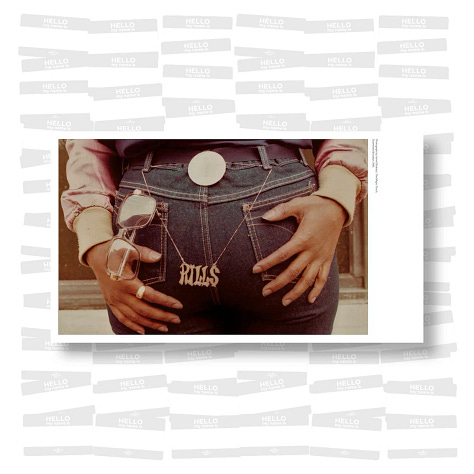
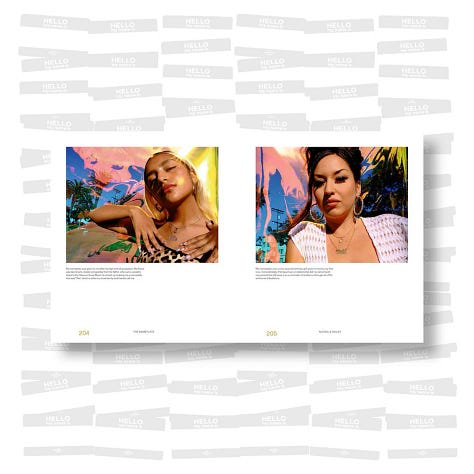
This important 2017 oral history from ESPN’s Justin Tinsley that popped up for me when I was research mode yesterday.
Tinsley talked to athletes about “what it was like living and playing in Los Angeles at the time of Biggie Smalls’ murder.”
When Erika Christensen said, “Wilbur Trent, I release you.” Anytime Sonja Sohn is onscreen. When Ramon Rodriguez talks to his dog. These are but three reasons I am loving Will Trent.
This important piece from my colleague Dr. Daphne Brooks: “Natalie Cole, Whitney Houston and Lauryn Hill’s Album of the Year wins all came in the 1990s. Beyoncé’s fifth4 shot, for Cowboy Carter, arrives Sunday night [at Grammys].” I’m quoted in the essay. Also: buy Dr. Brook’s recent Liner Notes for the Revolution: The Intellectual Life of Black Feminist Sound.
Among the current slate of Sean Combs documentaries, I appear in and serve as consulting producer for only this one —
from Maxine and HBO Max. Here’s a breakdown. I deeply appreciate all of those who have reached out to me with kindness. Here’s my original piece, from the New York Times Magazine.
In music,
Danyel
let me know in comments if this should be the new name of my newsletter. it’s tempting. maybe if i was a children’s or YA author?
period.
‘The song was originally written for a then-12-year-old Stacy Lattisaw, with lyrics about kids talking on the telephone — the initial “bell” of reference. When Lattisaw jumped labels, the song stayed at Juana Records, and writer Frederick Knight offered it to Anita Ward with new “grown-up” lyrics. Ward, a schoolteacher trying to break into the music biz, wasn't crazy about them or the song, but Knight convinced her to record it.’
FIFTH.




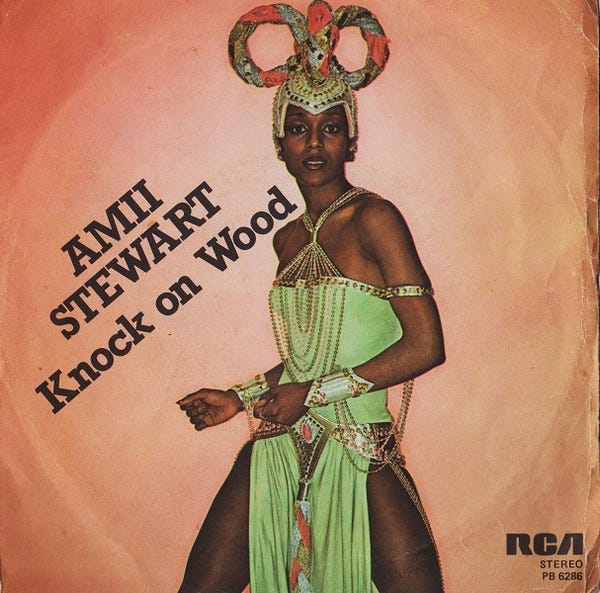
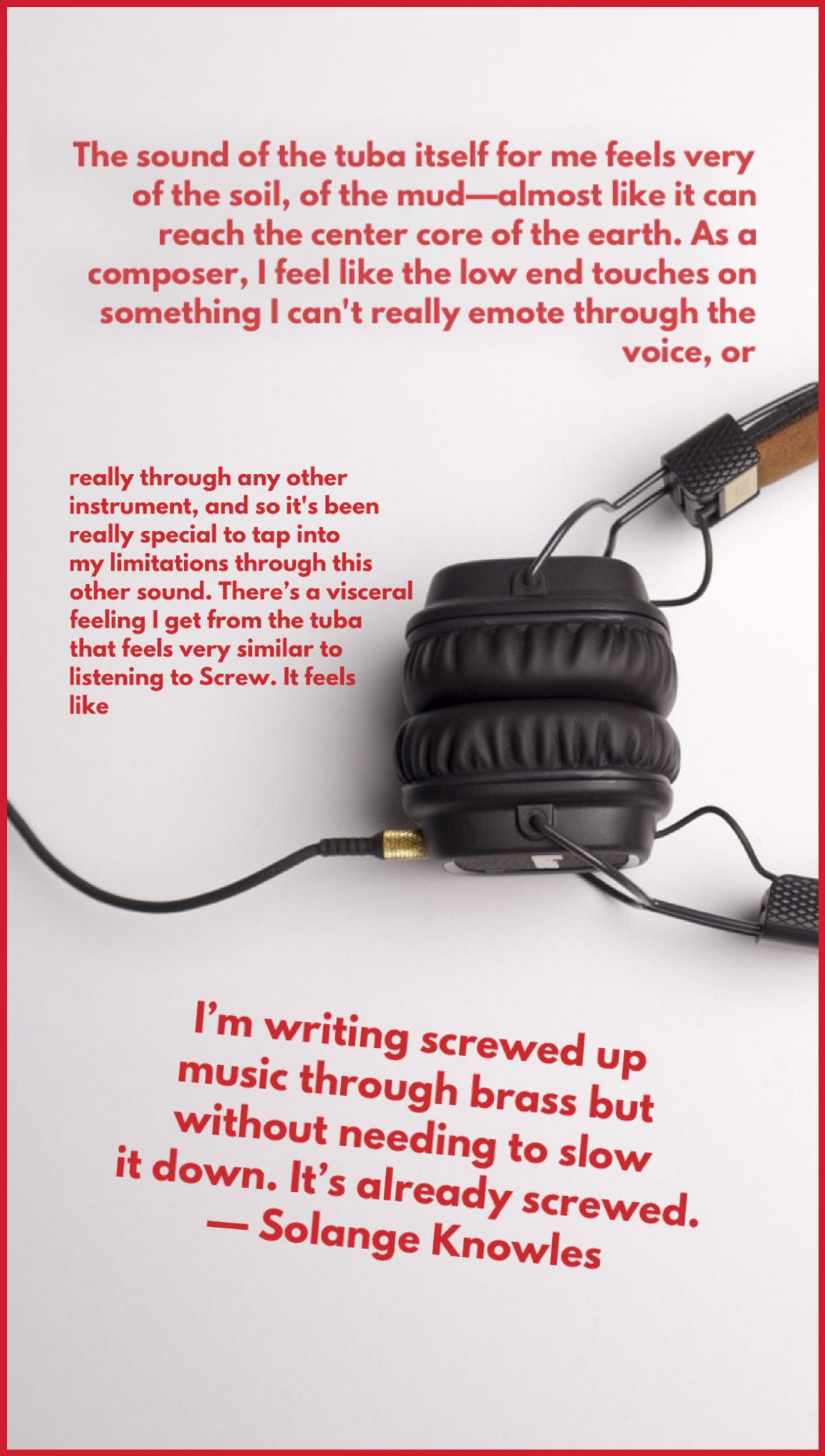
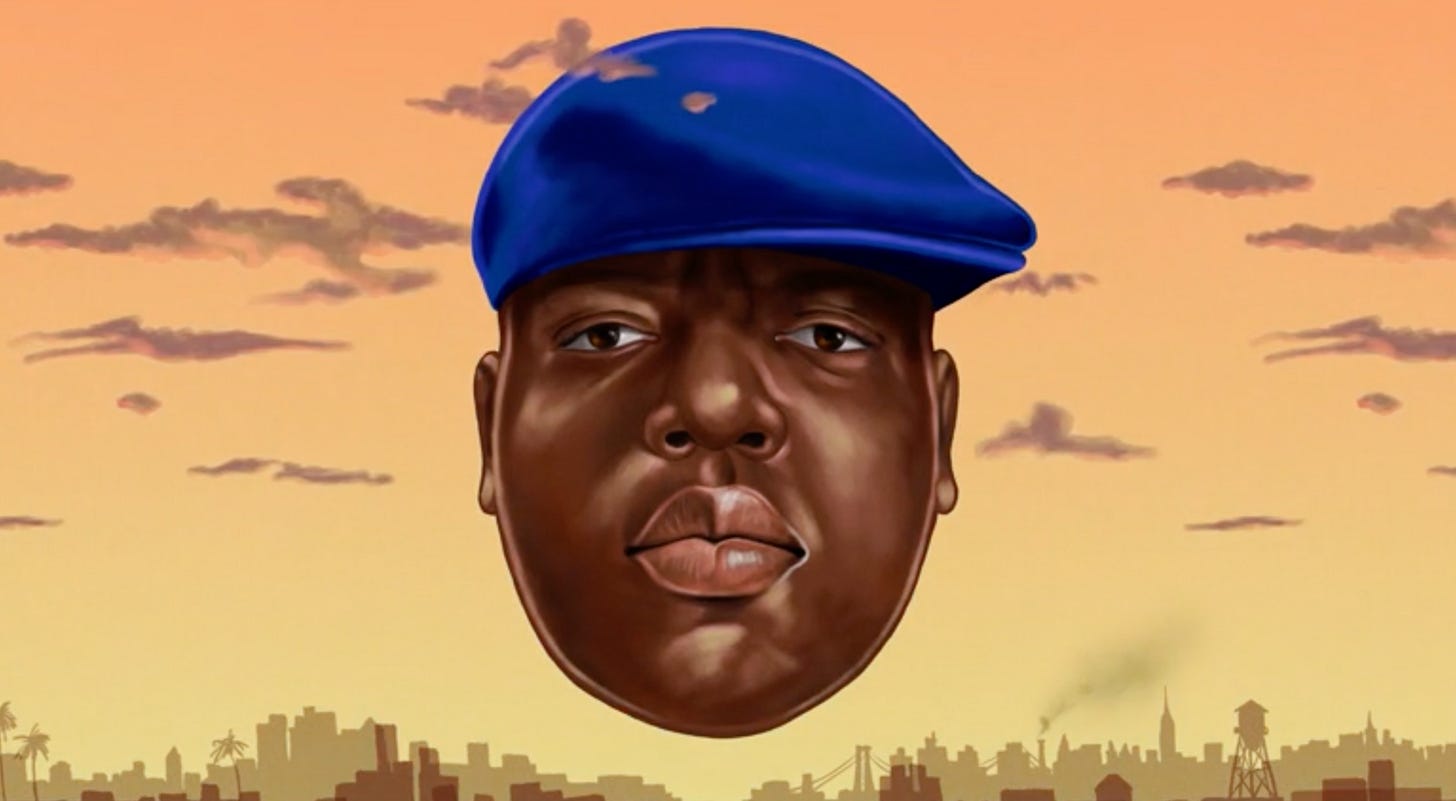
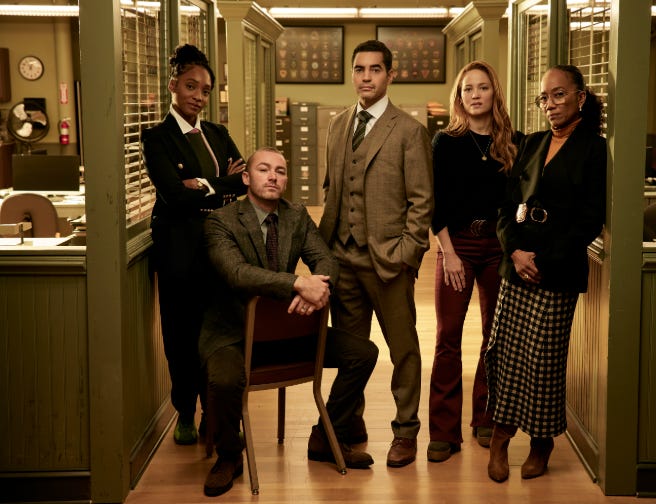

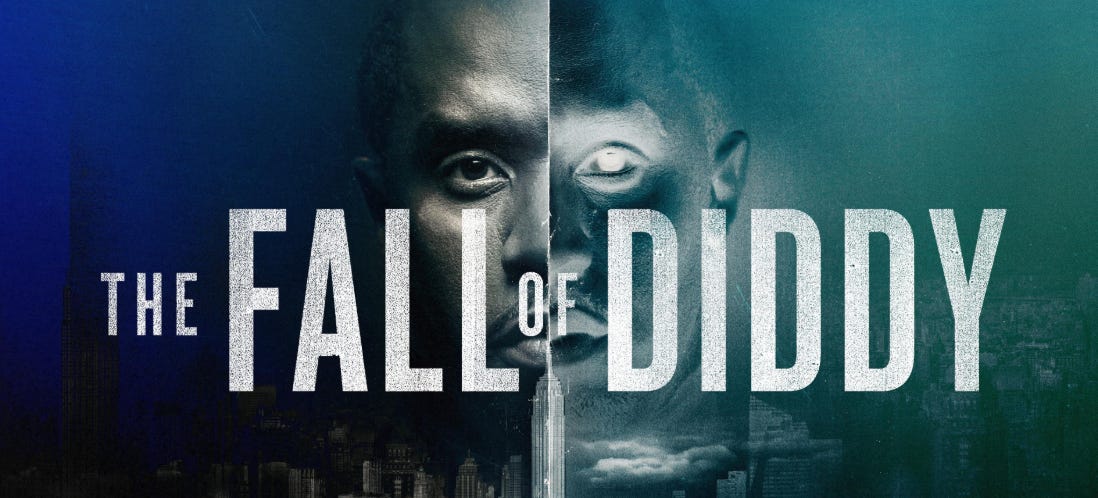
SHINE BRIGHT HQ 🙌 but whatever you want to call your work, I’ll be reading
Binged THE FALL OF DIDDY. Great to "see" you in this documentary. Powerful stuff.